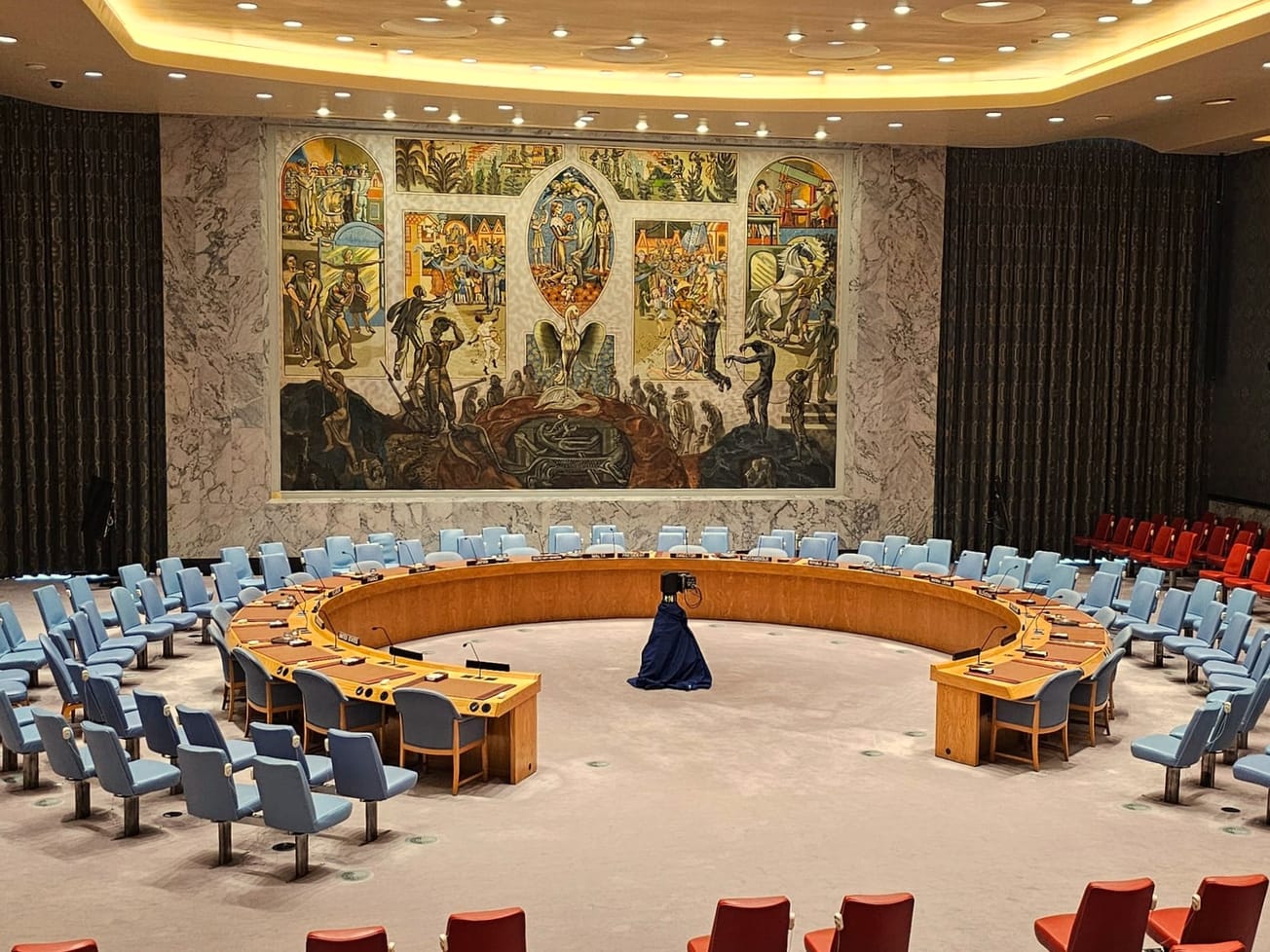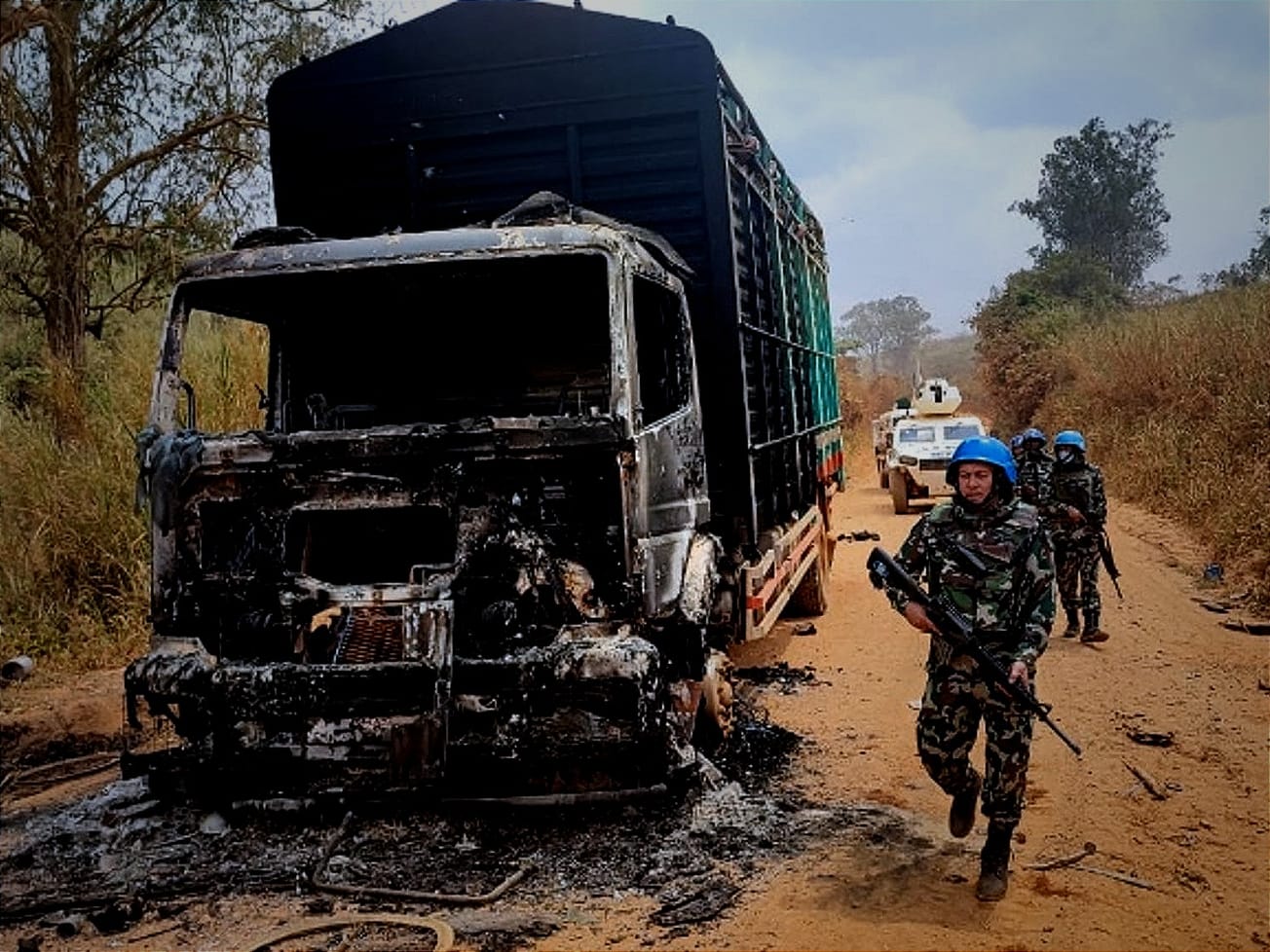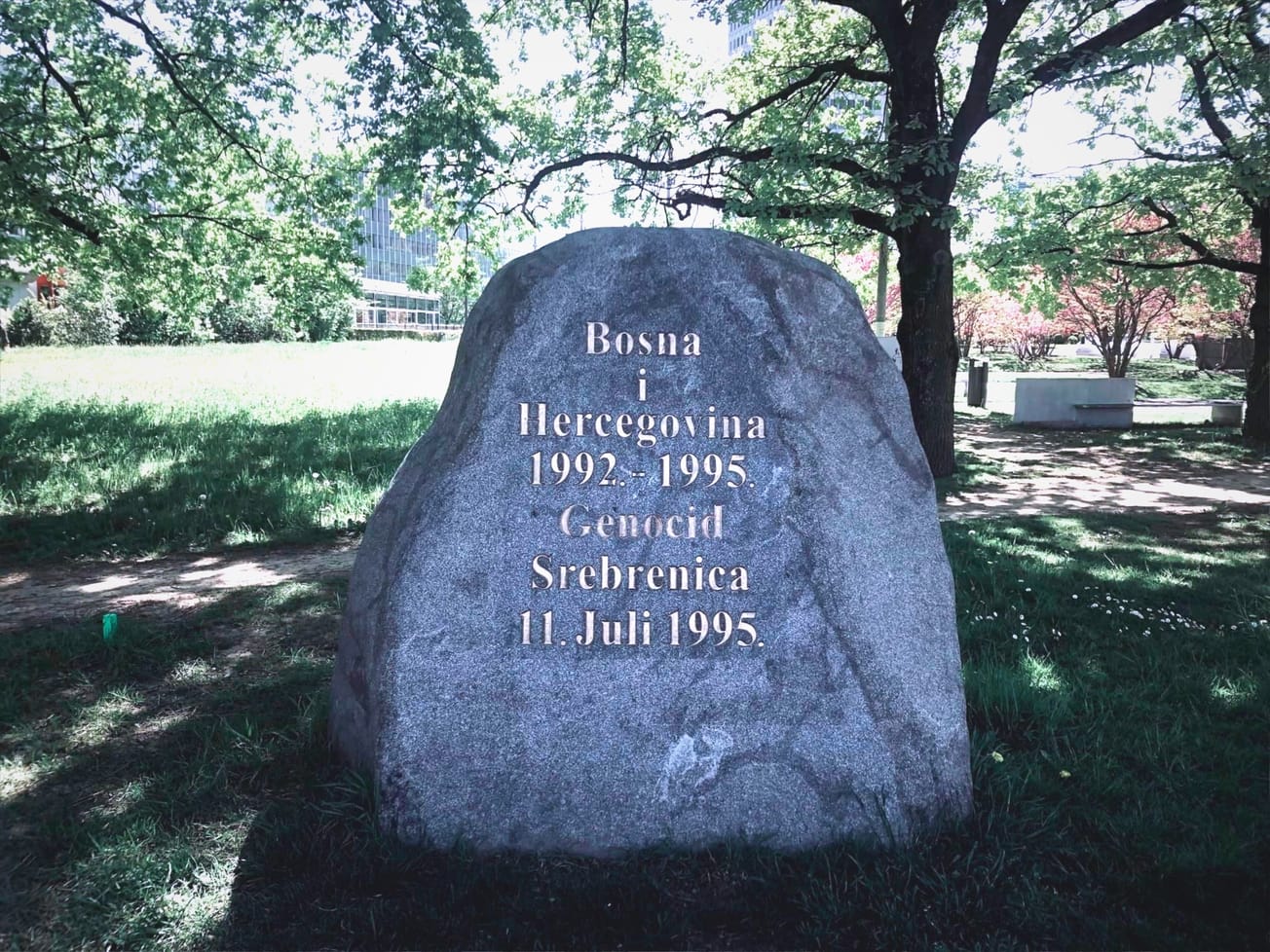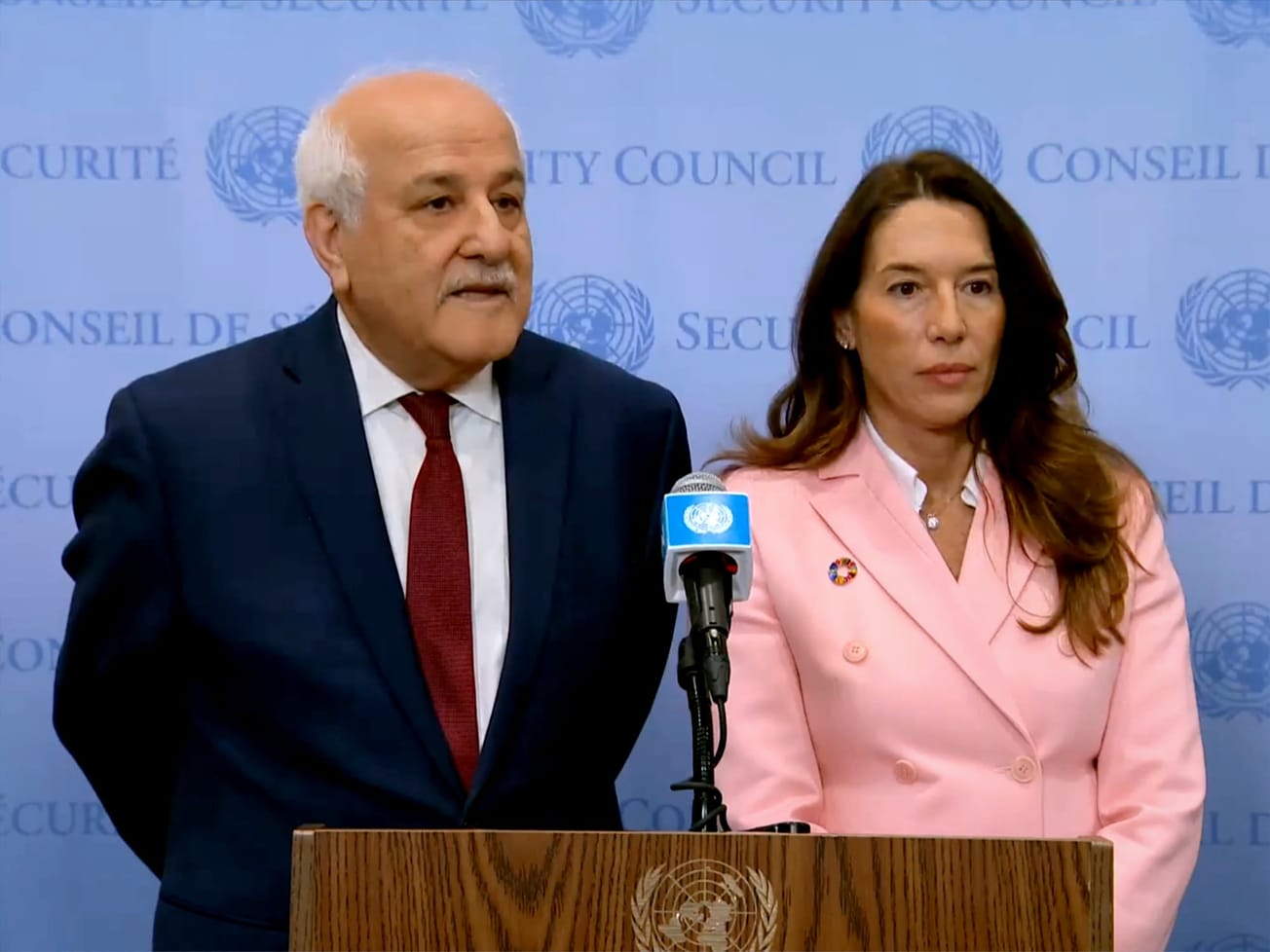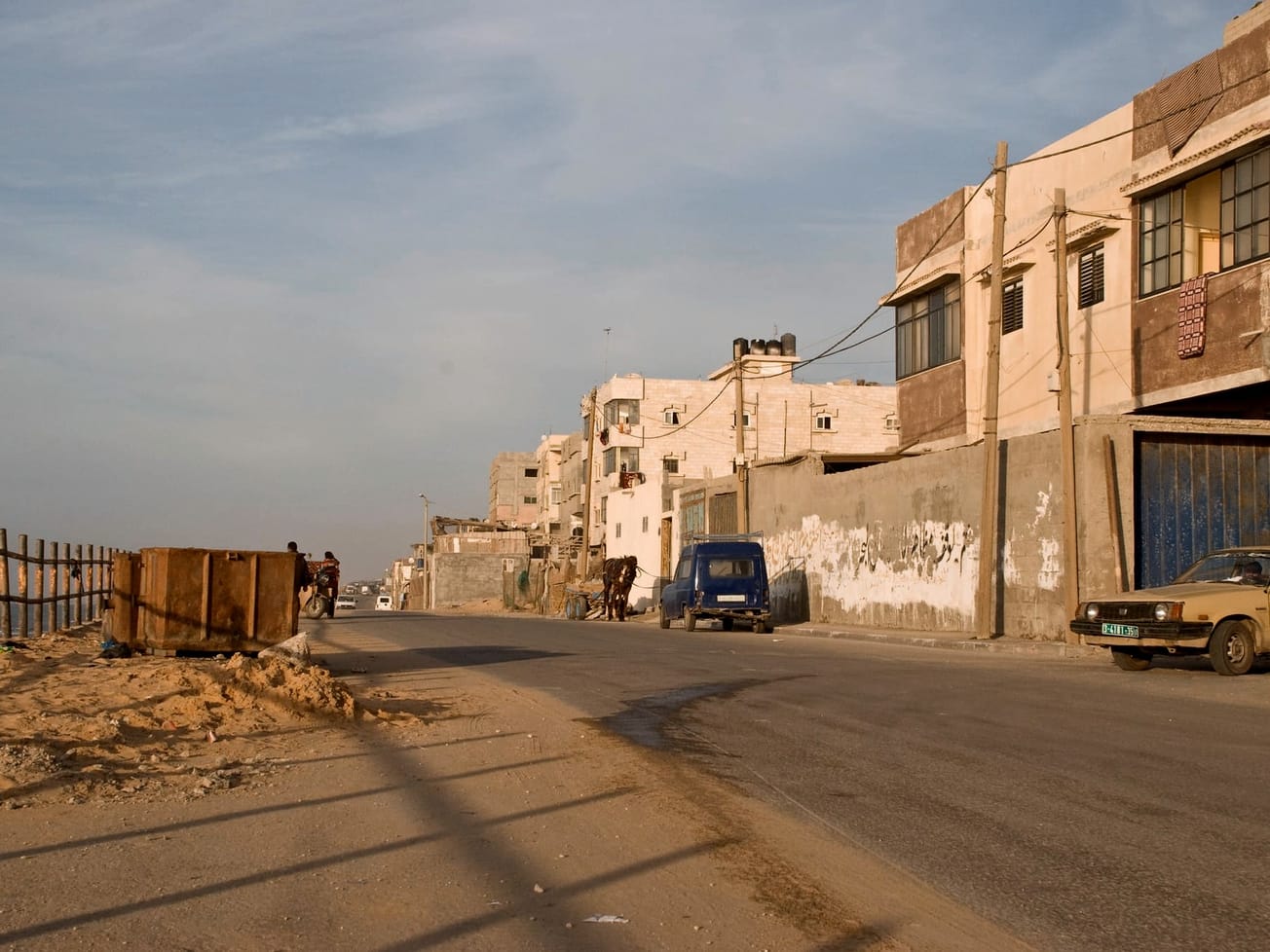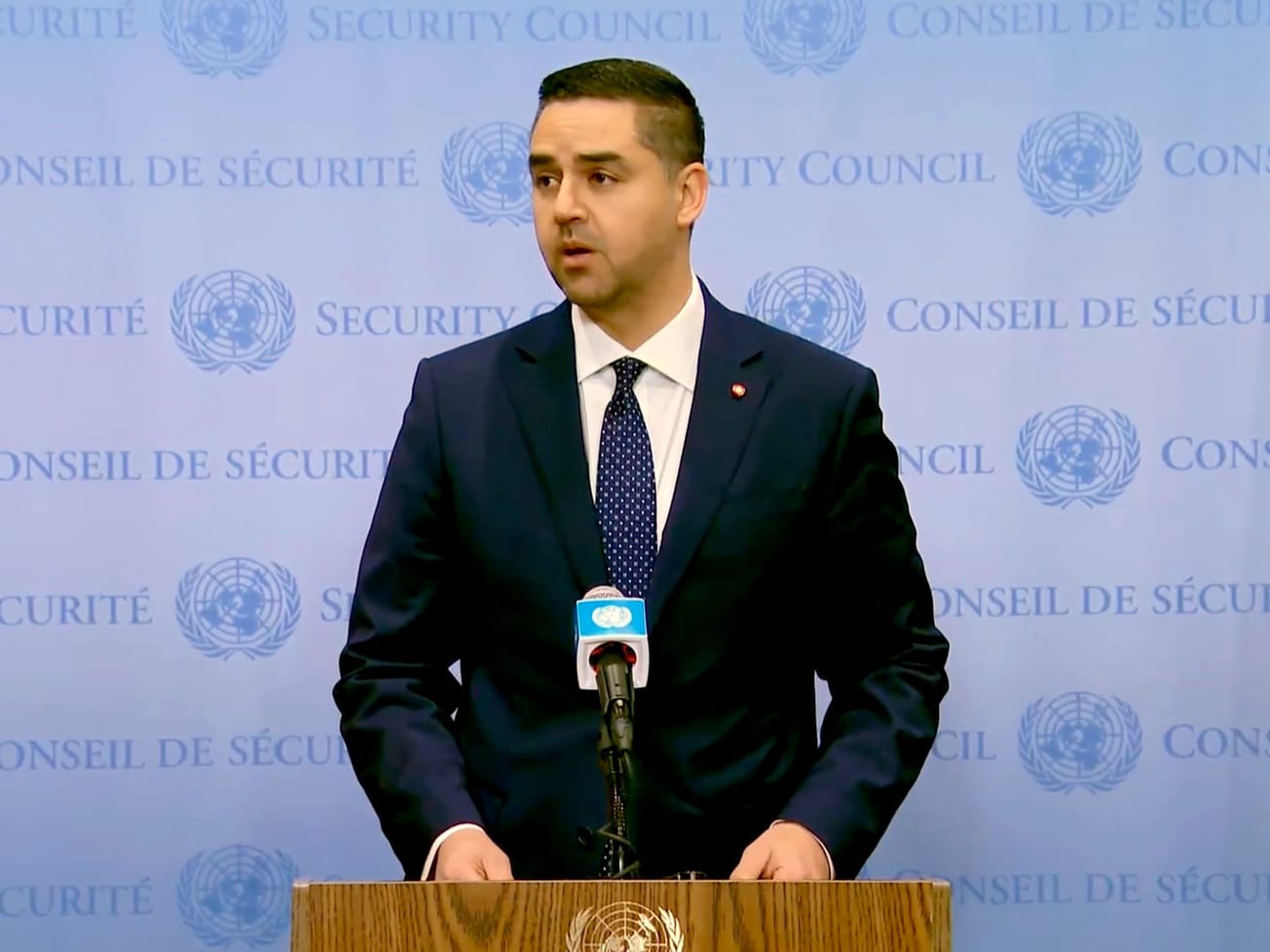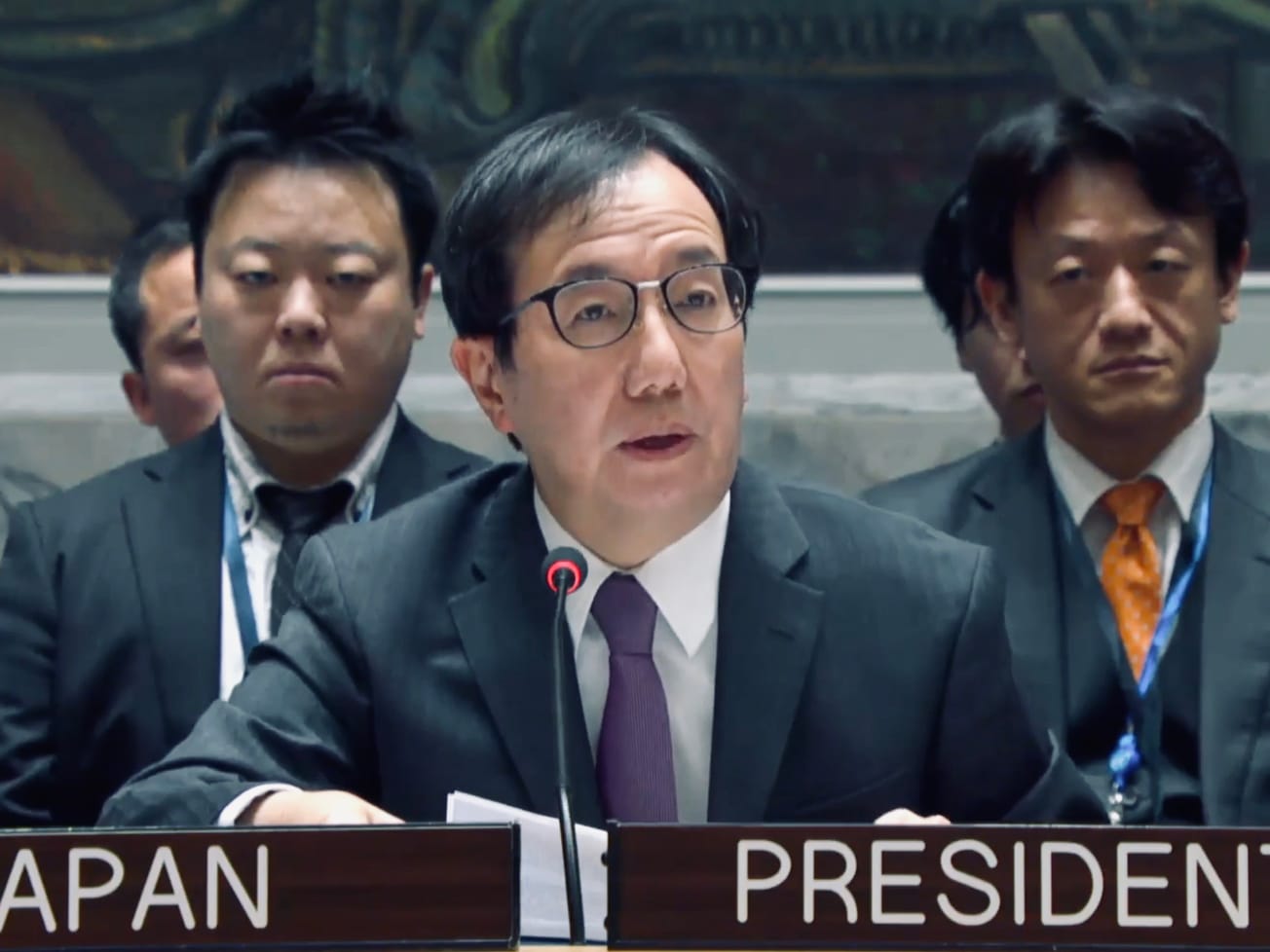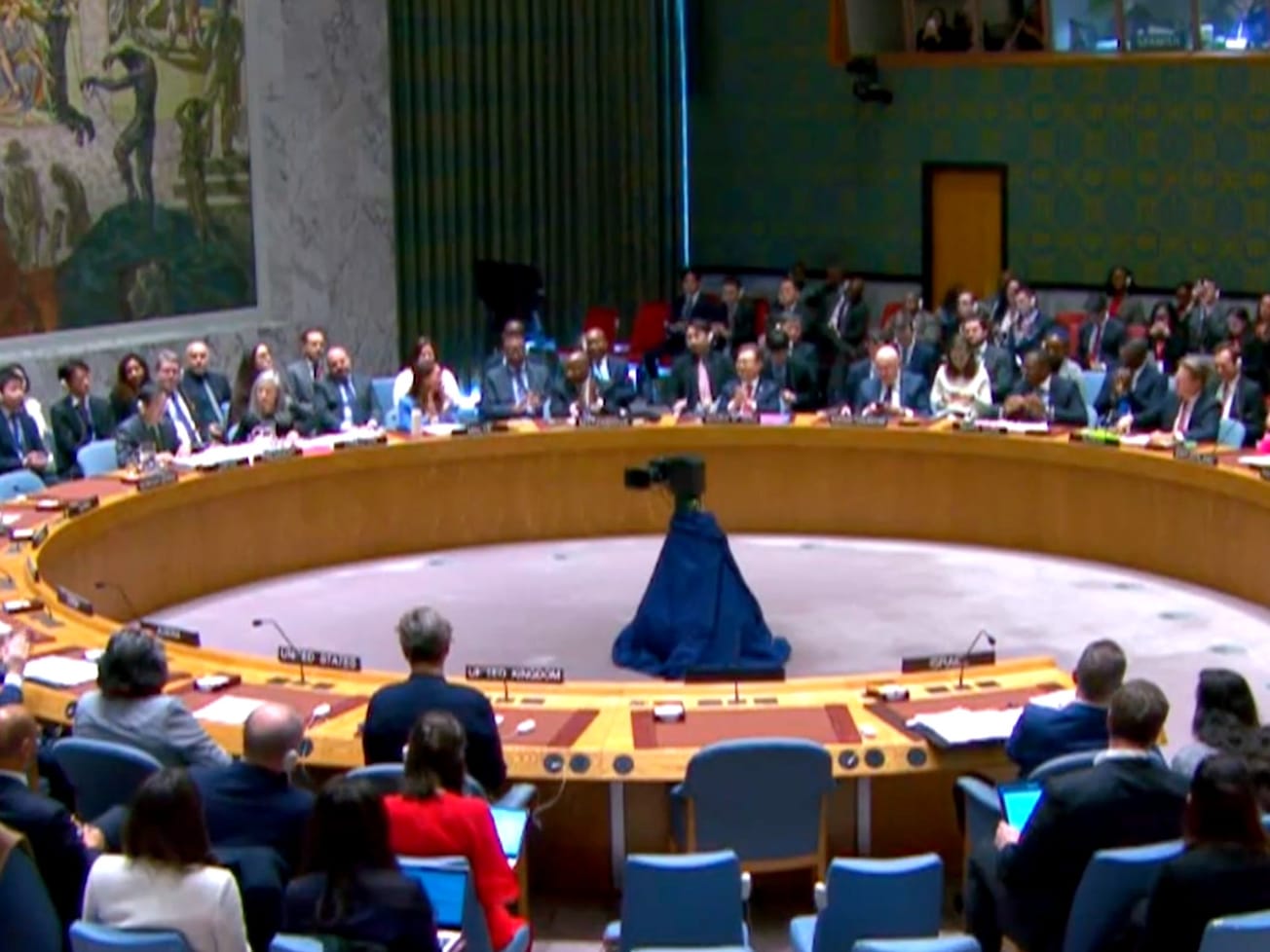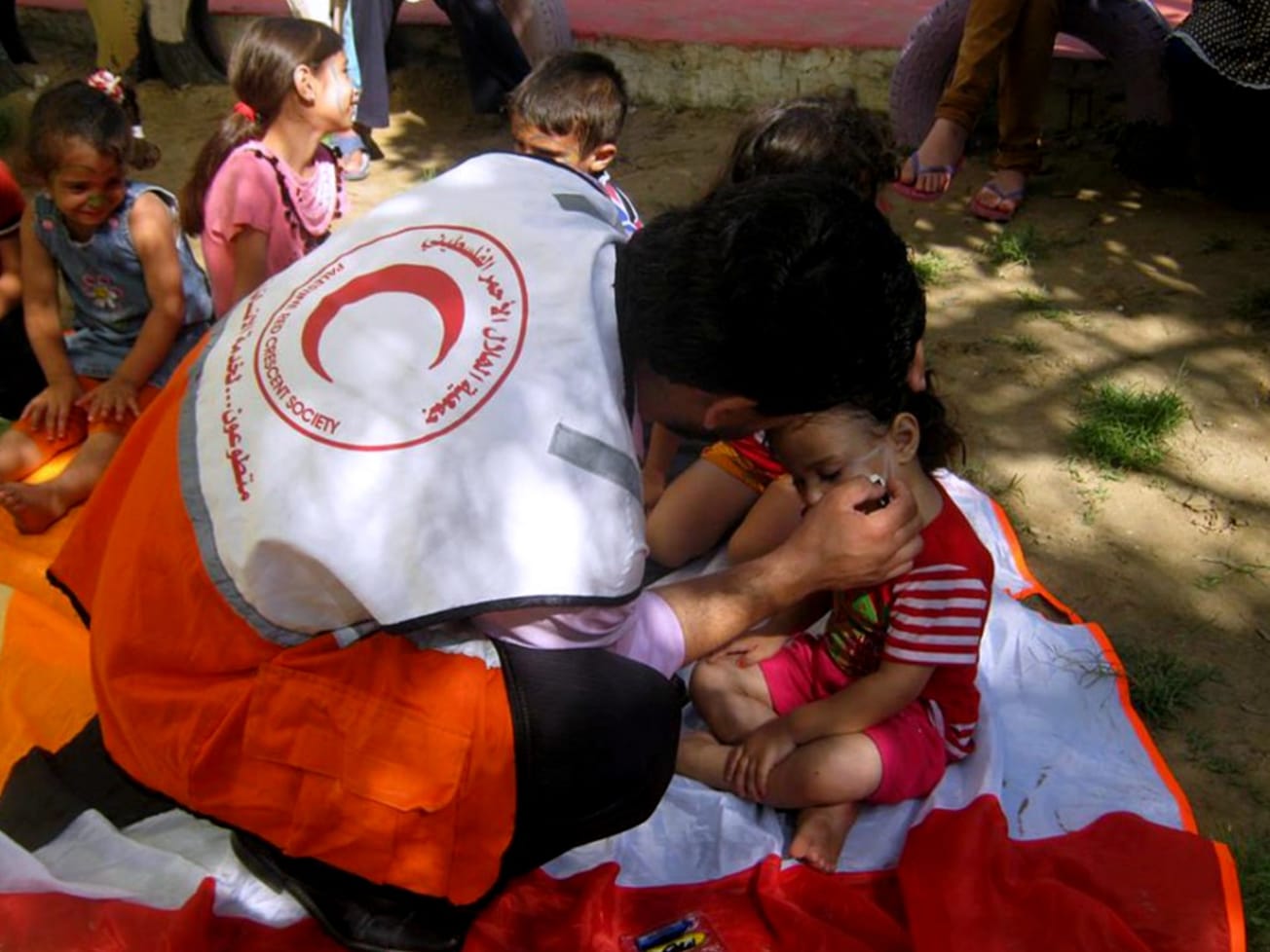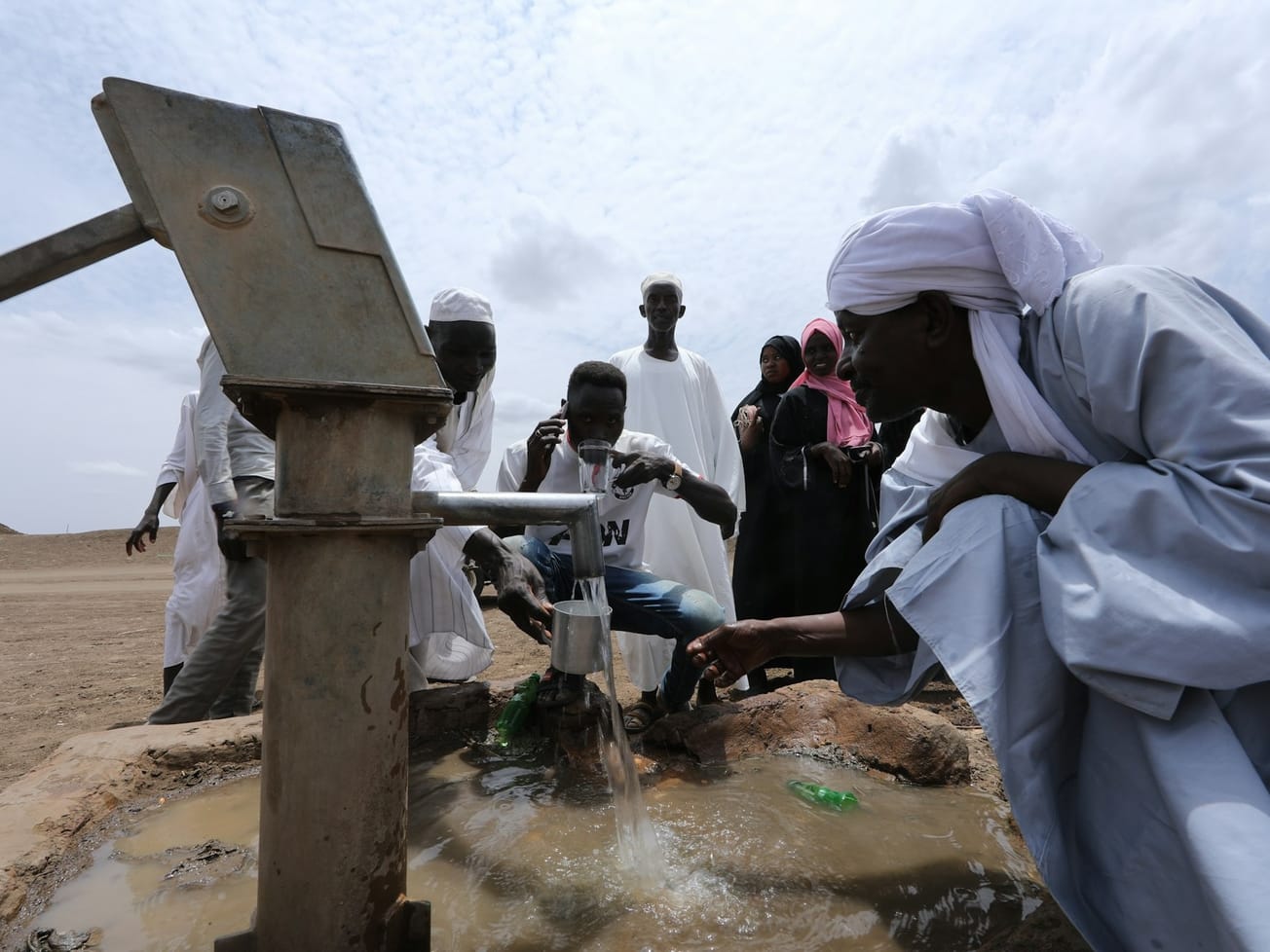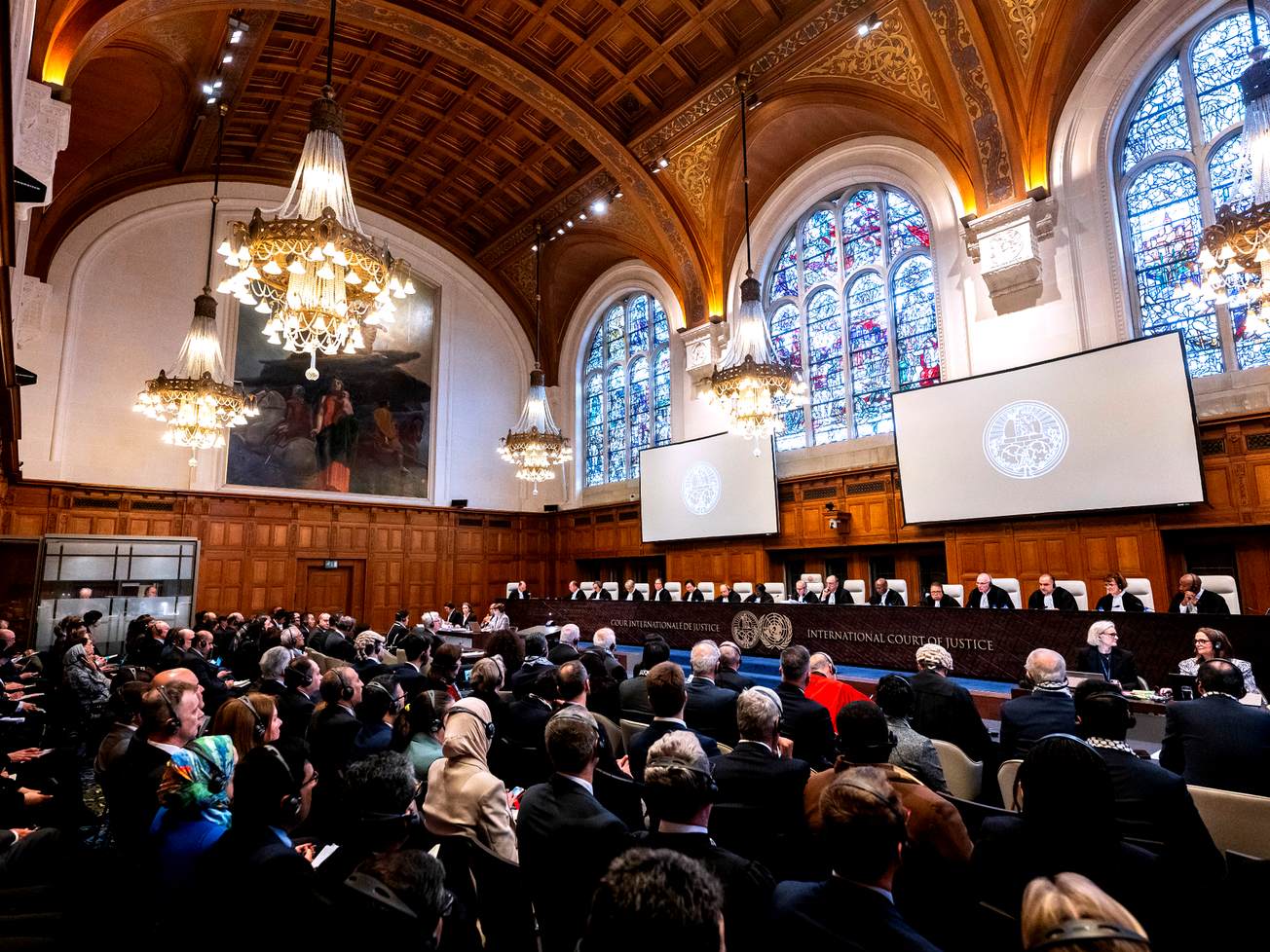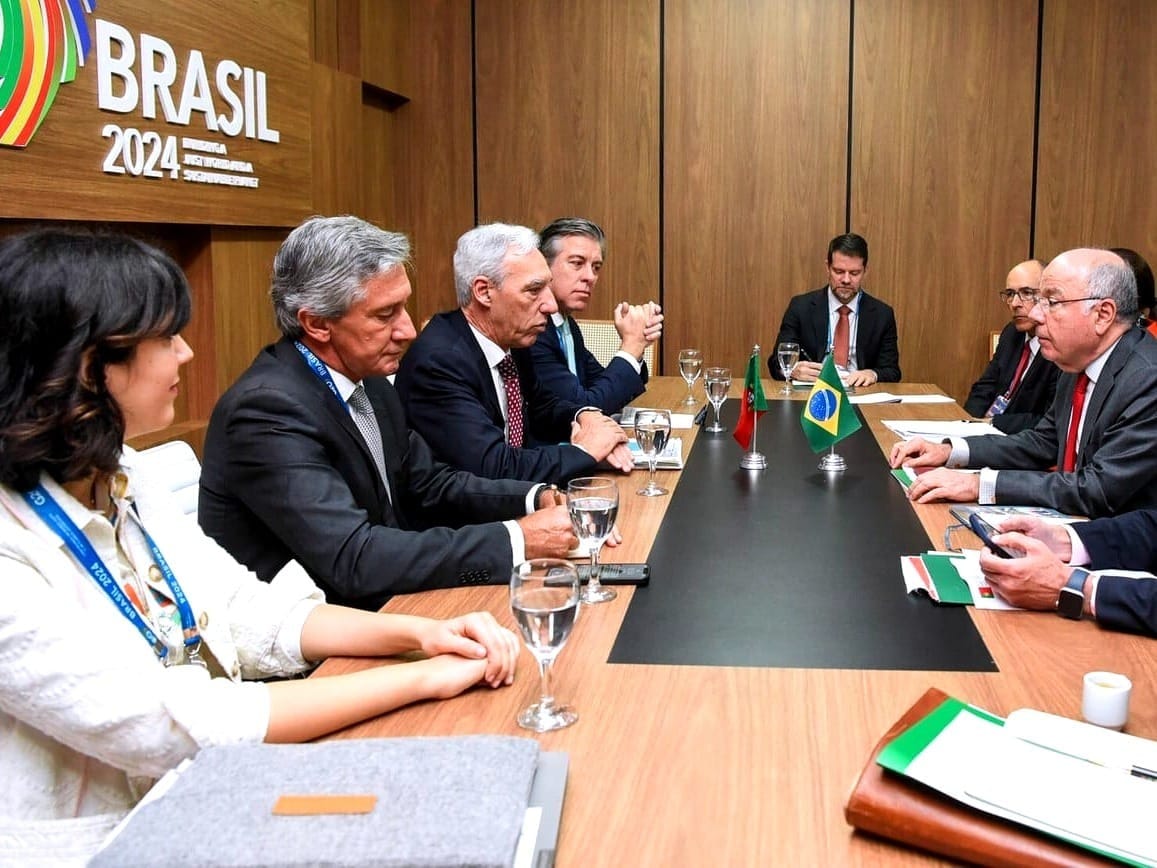
U.N. debates growing threat from 'cyber mercenaries' and hacktivists
South Korea pushed to fight malicious cyber operations like those run by North Korea to fund its weapons program.
Already have an account? Log in
South Korea pushed to fight malicious cyber operations like those run by North Korea to fund its weapons program.
The U.N. General Assembly elected Denmark, Greece, Pakistan, Panama and Somalia to the Security Council.
The vote reflects the alarming number of attacks and threats that aid workers face each year around the world.
The resolution sponsored by Germany and Rwanda reflects an effort to remember the lessons of 20th century genocides.
The 143-9 vote with 25 abstentions urged the U.N. Security Council to favorably reconsider the Palestinians' request.
Russia is shipping refined petroleum to North Korea, which is supplying Russia with weapons against Ukraine, officials say.
The group of organizations that reviewed the U.N. agency recommends several ways of strengthening its neutrality.
The humanitarian nightmare and attacks on civilians in Gaza dominated the U.N. Security Council's quarterly open debate.
A Swiss-led U.N. Security Council committee will find it harder to deal with 'suspicions' of sanctions violations.
On a 14-0 vote with the U.S. abstaining, the council urged a cease-fire in Gaza during the Muslim holy month of Ramadan.
After the U.S. vetoed the first three proposals, China and Russia stopped the council's fourth try at a Gaza resolution.
Escalating violence prompts U.N. condemnation as lawless gangs terrorize and displace thousands and impede aid.
The U.N. Security Council demanded an immediate end to fighting in Sudan during Ramadan, which begins Sunday.
Humanitarian groups demanded a probe into an 'apparent mass killing' at an aid drop where Israel blamed a stampede.
The International Court of Justice heard testimony on the legality of Israel’s 57-year occupation of Palestinian territories.
Non-veto wielding nations have tried for years to reform the U.N.'s post-World War II power structure with little success.
